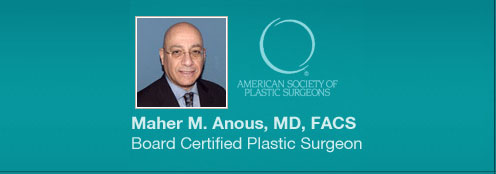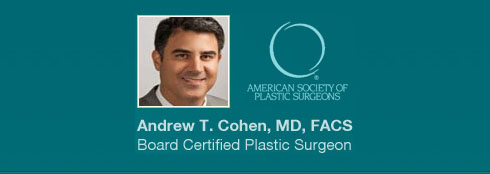Frequesntly Asked Questions
Anaesthetic
There are different types of anaesthetic that may be used in order that your surgeon can carry out the treatment or surgery you are having with minimum discomfort. The different types are as follows:
- •General Anaesthetic
- This is a full anaesthetic, carried out in hospital under the care of a qualified anaesthetist. It enables the surgeon to carry out your operation without any discomfort to you, or knowledge that the operation is taking place. Operations carried out under general anaesthetic may be done as a day case or as an overnight stay in hospital.
- •Sedation with local anaesthetic
- A sedating drug is given to you in order that you sleep throughout the operation. This is administered by a qualified anaesthetist who cares for you whilst the surgeon carries out the operation. The surgeon will also use a local anaesthetic at the operation site to ensure the area is numb and that you are not disturbed from your ‘sleep’. Most operations carried out under sedation enable you to return home the same day of treatment.
- •Local Anaesthetic
- The surgeon injects a numbing solution to the area that is being treated to minimize any discomfort you may feel during the operation. You will be fully awake during the treatment and able to be immediately discharged when finished.
Scarring
Patients having cosmetic surgery want to improve the way they look. It is important therefore that scarring is kept to a minimum. We have this in the forefront of our minds when carrying out treatment and always aim to keep scars as small as possible and positioned as discreetly as possible.
We strongly recommend that scars are kept out of the sun or protected with a sun block cream, as sun damage can slow or prevent the healing and fading of scars. With correct care and protection after surgery, most scars fade to become barely noticeable.
Stiches, Sutures and Skin Clips
Depending on the type of treatment, usually after cosmetic surgery some form of skin stitch needs to be removed. Depending on the operation, these may be removed between 3 and 14 days afterwards. An appointment for this will be made for you, at your nearest Beverly Hills Plastic Surgeons clinic.
Bruising, Swelling and Discomfort
By the nature of it, cosmetic surgery is quite superficial and does not generally cause much swelling or bruising. Within 24 hours of surgery, discomfort is usually abated with mild oral analgesia. Depending on the type of surgery you have and your own healing process, the surgeon will explain what sort of recovery you should expect.
Recovery Advice
Pre and post-operatively, patients are generally advised to avoid smoking, alcohol, aspirin and non-steroidal anti-inflammatory drugs (eg. Ibuprofen). All these can have an adverse effect on your recovery, slowing down the healing process or causing other complications.
It is generally advisable to refrain from streneous activities while stitches and dressings are still in place. Your surgeon will inform you how long to refrain from different activities depending on the surgery you have.
Results of Surgery
The redefining of features gives results that are generally permanent and need no future review. The full result of surgery are obtained generally between 4 weeks and upto several months following surgery.
Aftercare
Where necessary, appointments are made for you to attend Beverly Hills Plastic Surgeons for any post-treatment care.
Our physicians are always available to advise and care for you to ensure a smooth and safe recovery. Most patients attend the clinic after surgery at one week for removal of stitches, six weeks for a check up with your surgeon and and a few months for final discharge. We are of course pleased to help you after this time should the need occur.









